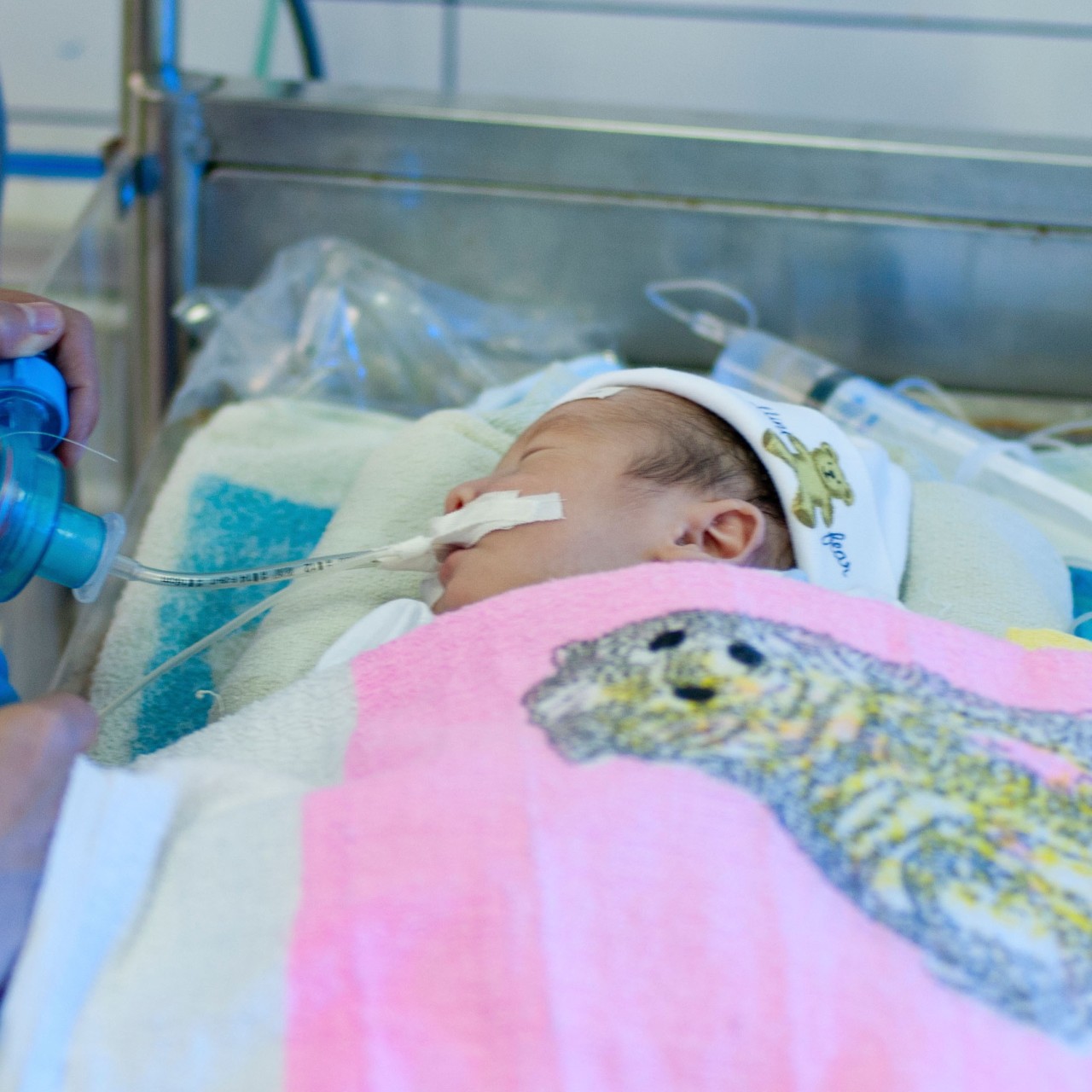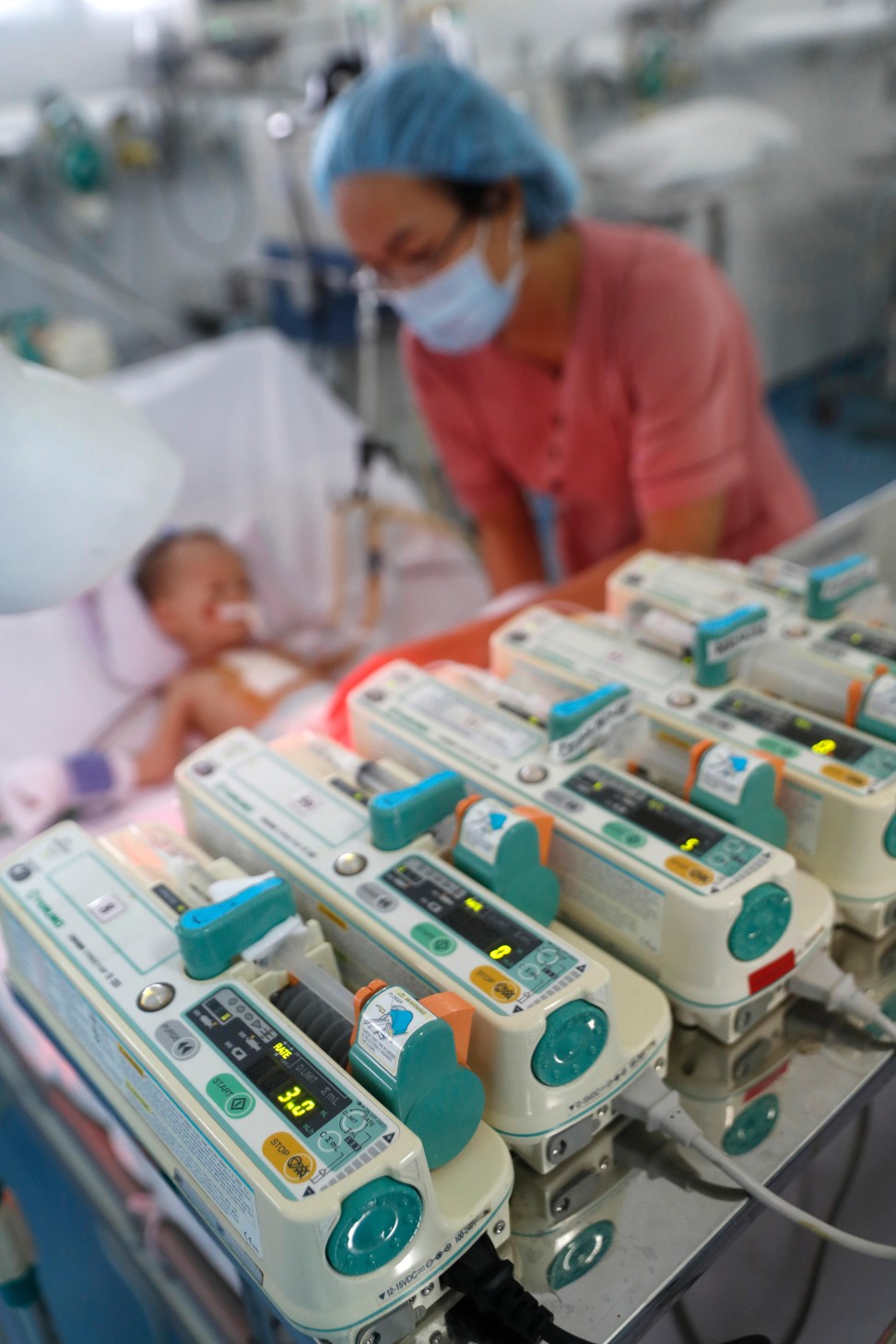
A deadly bacterial superbug has reached “epidemic” levels in Vietnamese hospitals in what scientists are calling a “wake up call” to the world.
More than half of hospital patients were found to be colonised with an intestinal bacteria resistant to a broad spectrum of antibiotics, in a study reported in the Journal of Infection.
Samples were taken from more than 2,200 patients across 63 wards, in 12 Vietnamese hospitals across the country, in the largest study of its kind. Scientists discovered the longer patients stayed in hospital the greater the risk they had of infection by carbapenem-resistant Enterobacteriaceae (CRE), also known as carbapenemase-producing Enterobacteriaceae (CPE).
One in eight patients were carriers of the bug when they were admitted to hospital, a figure which rose to seven in eight patients after two weeks in hospital.

“We are in the middle of an epidemic, it is an alarm. This could be the tip of the iceberg,” warns lead researcher Hakan Hanberger, professor in the department of clinical and experimental medicine at Linkoping University, Sweden, and consultant in the infection clinic at Linkoping University Hospital. CRE carriers are at higher risk of contracting potentially fatal infections such as urinary tract infections, sepsis and pneumonia, although not all carriers become sick.
Due to their resistance to many antibiotics the bacteria are difficult to treat and can spread easily via bodily contact and furniture. They are particularly dangerous to infants and are associated with increased mortality rates.

The World Health Organisation is prioritising measures to control the spread of CRE and develop new antibiotics against these bacteria.
The problem is particularly prevalent in countries with a subtropical climate where health care resources are limited, as these conditions enable the bacteria to spread rapidly.
“It is a really big problem in many countries. My hypothesis is that China is sharing this problem with Southeast Asia. But it is also a real problem in Italy and Greece,” says Hanberger.
The extensive spread of carbapenem-resistant intestinal bacteria means that forceful measures must be taken to reduce the transmission of infection in hospitals – Hakan Hanberger, professor in the department of clinical and experimental medicine at Linkoping University, Sweden
By comparison, Sweden, with its cold climate and high GDP, records just 150 cases of CRE a year.
“Sweden is one of the countries in the world where the situation with respect to carbapenem-resistant intestinal bacteria is most favourable. It is one of the countries that can probably delay the spread the longest, but we must improve hygiene in the health care services also in Sweden,” he says.
The Vietnamese research appears to indicate that the problem is getting worse, as levels of colonisation have increased in the country since samples were taken previously in 2017.
A sub-study of 328 newborn children in a neonatal intensive care unit showed deaths were higher among those who were carrying CRE or became infected with the bacteria in hospital.

“The sub-study looked at the most vulnerable patients, newborn children who needed intensive care, and showed that mortality was five times higher in those who had a hospital-acquired infection and were carriers of the multi-resistant CRE bacteria,” says Hanberger.
The rapid transmission of CRE to hospital patients means urgent action is required to prevent it spreading further into the community, where levels are not currently measured, the study concludes.
“The extensive spread of carbapenem-resistant intestinal bacteria means that forceful measures must be taken to reduce the transmission of infection in hospitals, by improvements to hand hygiene, the use of sterile working methods during surgery and when handling … catheters, and by isolating patients who have been affected by multi-resistant intestinal bacteria,” says Hanberger.

“It is also important to have effective follow-up when patients are discharged from hospital, to reduce the spread of these bacteria in the population. But even if we do everything right, it will take a long time to get infections down to an acceptably low level.”







